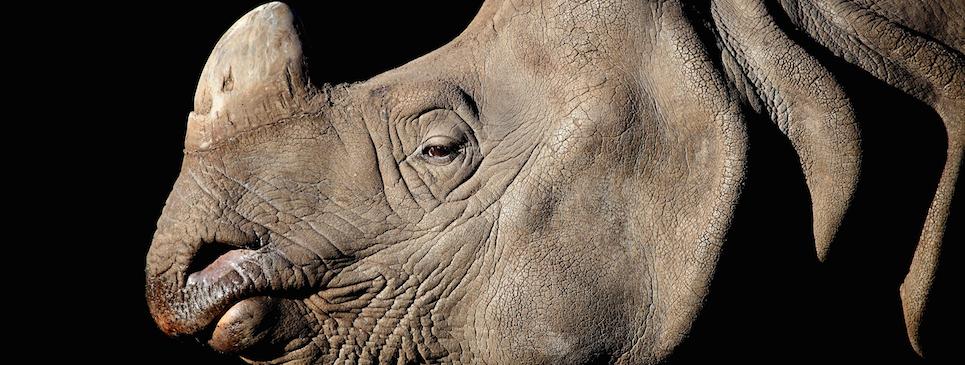Internships in Applied Biology
What is an internship in applied biology?
The Internship in Applied Biology course (BSC 4940) is a "course" that UNF Biology students can register for when they wish to receive academic credit for Biology-related internship experiences that take place off-campus. This includes, but is not limited to: research activities at external laboratories or hospitals, veterinary care activities at zoos, aquariums, or other animal care facilities, and policy-related activities at environmental management facilities or non-profit agencies. The main requirements are that the activities performed in the internship must be related to Biology (preferably to the student's personal career goals) and must be educational rather than menial or "gopher-like" in nature. Note: Students who wish to conduct on-campus research under the supervision of UNF Biology faculty members should register for Directed Independent Study in Biology (BSC 4905) rather than the Internship course.
Why should I pursue an internship?
Performing an internship at a facility that focuses on the type of work that you hope to do in your future career is an excellent way to obtain hands-on experience in this field. In addition to learning the "tools of the trade", this will give you an opportunity to learn if this is the "career for you." A successful internship experience will also help you meet people in your field of interest and, if you do well, establish a strong track record of performance.
Where can I do an internship?
Internships can take place at either local or non-local facilities. Although the UNF Biology Department has established ties with a number of agencies that host interns, the choice of "Where to intern?" is generally up to the student. To answer this question, consider your interests and career goals and identify a local or non-local institution that focuses on that work and hosts interns.
For example, UNF students focused on medical study may be interested in interning at the Mayo Clinic (clinical research) or Vistakon (vision research). UNF students focused on Environmental Studies or Coastal Biology have interned at the St. Johns Water Management District (water quality), Environmental Services, Inc. (environmental consulting), JEA, and the Clearwater Marine Aquarium, and the South-East Zoo Alliance for Reproduction & Conservation (SEZARC). As additional examples, UNF students interested in veterinary science have interned at animal care facilities such as the St. Louis Zoo and Jacksonville Zoo.
Remember that, although we can provide you with some examples, the choice about where to intern and the legwork needed to establish the internship is ultimately YOUR responsibility. The UNF Biology Department does not search for appropriate internships for individual students or "match" students with already established internship opportunities.
Although the department does not "match" students with internship agencies, we do regularly announce the availability of internship opportunities, especially those established specifically for UNF Biology majors. This includes opportunities at the following agencies:
- Mayo Clinic
- Vistakon
- Jacksonville Zoo - NEW! UNF-Jacksonville Zoo and Gardens Animal Behavior Internship
- Environmental Sciences, Inc.
- SEZARC
Interested students should e-mail the UNF SEZARC laboratory manager, Kat Mowle (kat.mowle@sezarc.com), and more information will be provided. More information about the work SEZARC does can be found on the SEZARC website (https://sezarc.org/).
When available, click on the link above to view listings for these opportunities. Note that these opportunities generally require submission of special application materials by a prescribed deadline and often have additional eligibility requirements (for example, completion of certain studies or a minimum number of weekly hours available). In most cases, UNF faculty members pre-screen applicants for these opportunities and forward the names of prescreened candidates to the host institution for final selections.
How do I get started?
To establish an internship, either apply to one of the opportunities listed above or contact an institution that conducts work in which you are interested and ask if they are currently accepting interns. To complete an internship for academic credit, complete the UNF Department of Biology Internship Request form. Follow the directions found on the form. Questions? Email Dr. Dale Casamatta, dcasamat@unf.edu

